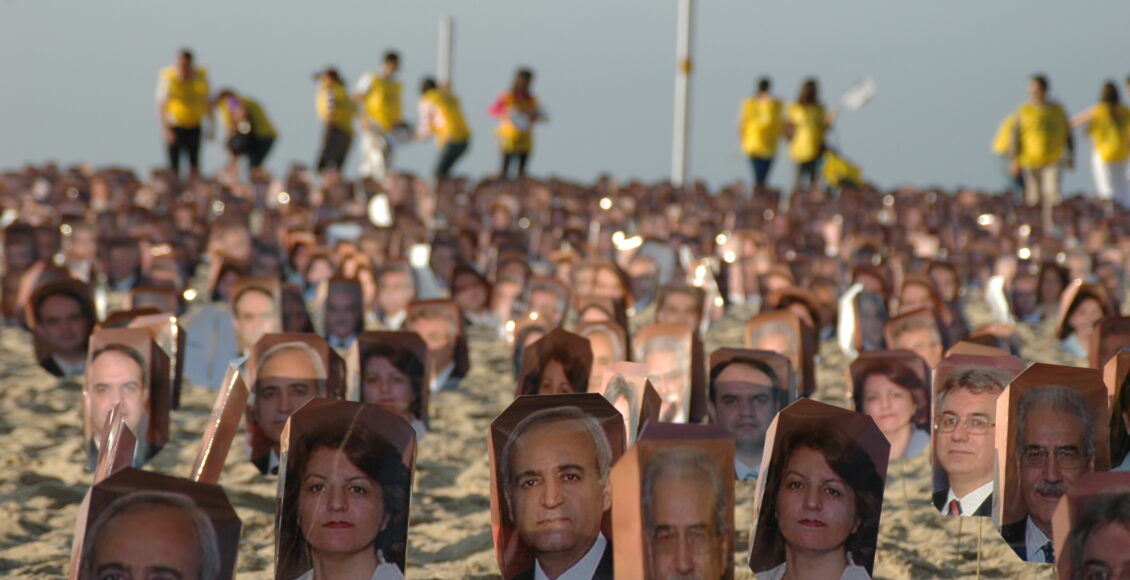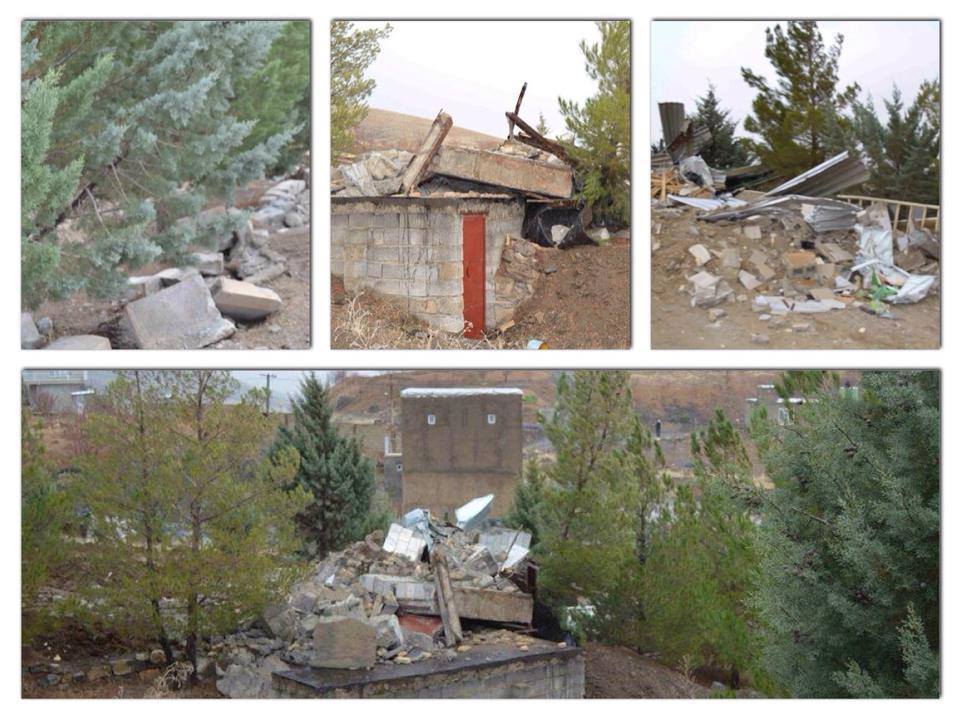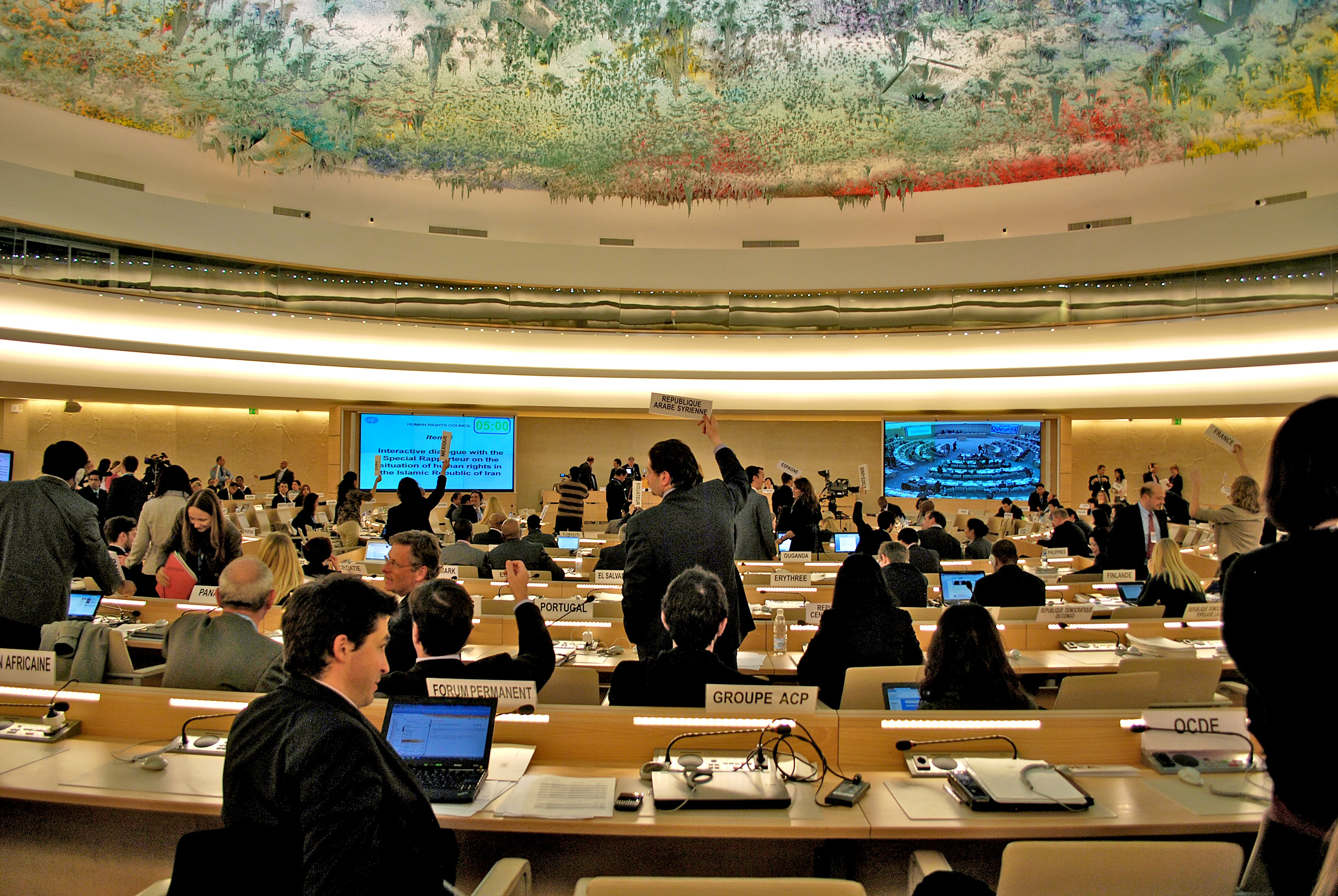Faith Under Fire: The Case of the Baha’i Religious Minority

The Baha’is are among the world’s most persecuted religious minorities. In Iran, they have been subjected to repression, victimization, and discrimination by the state. While they have faced persecution since the emergence of their faith in the nineteenth century, it was the establishment of the Islamic Republic in 1979 that saw the Baha’is become targets of state persecution. The state has discriminated against and repressed the Baha’i peoples through the closure of Baha’i holy sites and institutions, property confiscation, arbitrary imprisonment, employment regulation, and by denying Baha’is access to higher education.

Who are the Baha’is?
The case of the Baha’is is particularly striking because unlike other religious minorities, including Christians, Jews, and Zoroastrians, Iran’s Constitution does not recognize them as such. The Baha’is have therefore been deprived of certain rights and protections guaranteed by the Constitution, making them particularly vulnerable to persecution and discrimination. Since the Baha’i faith emerged within Islam in the nineteenth century, they have been considered heretics and internal enemies of the state as their faith diverged from the mainstream Shia doctrine. Consequently, the emergence of the Baha’i faith from Shia Islam, and its significant divergence in its teachings, can be considered a threat to the stability and supremacy of the Islamic Republic. This may explain why the Baha’is face greater discrimination than other religious minorities.
It is important to note that with the establishment of the Islamic Republic, Shia Islam became the state’s official religion. Shia Islam serves as the basis of the state’s ideology and identity, and informs all aspects of Iranian life and politics. The dominance of Shi’ism demonstrates that religion holds significant power and influence over state affairs, shaping the policies and regulations adopted by the state. We see this play out in several ways, including government religious discrimination against the Baha’i religious minority. Yet this goes beyond mere discrimination: in the first few decades following the establishment of the Islamic Republic, more than 200 Baha’is were killed and executed, most of whom were community leaders, with another hundred being tortured and imprisoned simply for being Baha’i. These murders, which are a human rights violation, have gone unpunished and uninvestigated by the Iranian criminal justice system.

“Iran – members of the National Spiritual Assembly who disappeared in August in 1980. All are presumed to have been killed”, by Baha’i Media Bank, reproduction is allowed.
Intensifying Persecution by the State
Following the establishment of the Islamic Republic, a program seeking to block the development of Iranian Baha’is was created. The 1991 Secret memorandum of the Supreme Revolutionary Cultural Council, signed by Supreme Leader of Iran Ruhollah Khomeini, notes that “the state’s dealings with the Baha’is must be in such a way that their progress and development are blocked.” As such, a series of recommendations were laid out including expelling Baha’is from universities, denying them employment, and prohibiting them from holding positions of influence. These policies reflect the ongoing effort of the Iranian state to marginalize and discriminate against the Baha’i community.
Tolou Golkar, a Baha’i Iranian Post-Doctoral Researcher at the Department of Biochemistry at McGill, spoke with me about the situation faced by Baha’is in Iran. Golkar herself was pushed to leave Iran in 2014 as a result of state persecution which saw her arrested and sentenced to jail.
“In the past 20 years, the Iranian government has arrested Baha’is for whatever reason they can find. No matter what Baha’is are doing, be it teaching biology courses at the Baha’i Institute for Higher Education or some social activity, they will be arrested […] as the state claims that by doing these activities you are threatening national security. The reason for all these arrests is because we are Baha’i, and they would like us to leave Iran,” Golkar explained to me. “In my case, they basically sentenced me to jail because I was teaching biology. […] That is one of the reasons why I cannot go back to Iran.”
Over the past few decades, the lives and activities of Iranian Baha’is have been severely restricted by state policies and laws that discriminate and repress Baha’i people. These have included the closure of Baha’i holy sites and institutions, the denial of their right to higher education, and regulations prohibiting their employment.
On the issue of education, Golkar explained how soon after the Islamic Revolution, the Baha’i community created an educational institute, the Baha’i Institute for Higher Education (BIHE), to provide Baha’is with the education they were being deprived of. However, the state did not accept or recognize the degrees obtained from the BIHE.
“The government of Iran did not let us go to university, so it is obvious that they would not accept that university [the BIHE] and the degrees obtained through it. […] As a result, you can’t really find a job in Iran with that degree. If you want to be a researcher or in academia, for example, there is no way that will happen as most of the research institutions in Iran are governmental, or backed up, by the government,” Golkar explained. Having earned a bachelor’s degree from the BIHE herself, she explained how she was unable to find a job as a researcher in Iran after completing her master’s degree in the UK.
A document including the minutes of a confidential meeting held on September 21, 2020 by the Commission on Ethnicities, Sects, and Religions was recently leaked, revealing the a plan by government officials to intensify the repression of Baha’is and non-recognized religious minorities in Iran. The minutes exposed the intention to increase the control of the Baha’i community’s activities and to instruct education officials to identify Baha’i students and “bring them back to Islam.”
More recently, a new rule was passed that mandated any individual identifying as Baha’i would be denied a national identity card, depriving them of the basic right of citizenship. The only way for them to be granted citizenship by the Islamic Republic is if they change their religious identification and reject their Baha’i faith. Yet, this explicitly violates multiple articles of Iran’s Constitution such as Article 41 which establishes that “holding Iranian citizenship is the fundamental right of every Iranian […] the government may not deprive any Iranian of its citizenship unless requested by the individual or if the person becomes the citizen of another country.” Denying Baha’i people their the rights as citizens demonstrates that the Iranian government does not see Baha’i people true Iranian citizens, an indicator of extreme religious bias.
International Reactions to Iran’s Persecution of the Baha’is
Over the past few years, there has been a rise in the number of international actors condemning the treatment of the Baha’is by the Islamic Republic. Both the UN Commission on Human Rights and the UN General Assembly have passed resolutions condemning Iran for its persecution of the Baha’is. In response to the international condemnation, Iran has made a variety of statements arguing that the persecution of the Baha’i community is not based on religious grounds but rather their involvement in criminal activities.

“Country and NGO representatives at the UN Human Rights Council in Geneva, Switzerland, participating in an interactive dialogue with the Special Rapporteur on the Situation of Human Rights in the Islamic Republic of Iran, 12 March 2012,” by Baha’i World News Service, reproduction is permitted.
Iranian authorities have often justified their arrest and treatment of Baha’is by claiming that they are engaged in espionage on behalf of Israel. Yet the state’s offer of reprieve in exchange for rejecting their faith and converting to Islam demonstrates the religious undertone of the Baha’is persecution.
Despite the international pressure and condemnation of Iran, it has not put an end to the discrimination and persecution of the Baha’i religious minority. To this day, the Baha’is are still oppressed by the state while the media pays little attention. Greater pressure and action are required from the international community and civil society groups to end the unjust persecution of the Baha’is.
Edited by Selin Abali.
Featured Image: “Rally in Rio for Religious Freedom,” by Comunidade Bahá’í do Brasil is licensed under CC BY 2.0 DEED.
